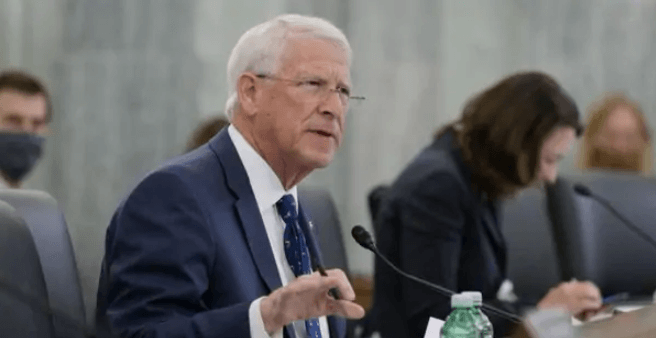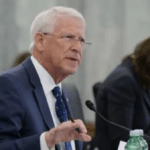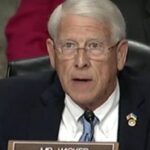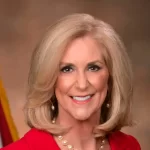Wicker: Works to improve adoption process
By Sen. Roger Wicker (R-Miss.)
Congress Can Undo Regulations that Burden Adoption Agencies
This year, I joined every one of my U.S. Senate colleagues in a vote to designate November as National Adoption Month. The resolution gave us a chance to remember the children waiting for forever homes, the families welcoming orphans, and the organizations providing adoption services. In that same spirit, Congress should take steps to improve the adoption process so that more children can be connected with loving parents.
Mississippi’s Angels in Adoption
When families open their home in adoption, they exemplify the best of our country’s values. I am a member of the Congressional Coalition on Adoption Institute (CCAI), one the largest organizations of lawmakers on Capitol Hill. Every year, the CCAI allows members to nominate one “Angel in Adoption” from their state, and I have enjoyed getting to celebrate the generosity and advocacy of folks from all over Mississippi. I named Columbus’ Rodney Mast for this year’s award. Rodney regularly advocates for the poor, distressed, and underprivileged – including children without parents. Recently, Rodney has been helping Ukrainians orphaned by Russian’s illegal invasion. He and his wife practice what they preach. They have adopted three young brothers displaced in that brutal war.
Federal Rules Hurt Adoption Agencies
I am glad to recognize Mississippians like Rodney, but I believe Congress can do more. We must update federal laws to lend further support to advocates and families. Such reform is more necessary than ever. The number of international adoptions has fallen in all but one of the past 20 years. 2004 was a banner year for this benevolent work. American parents welcomed a record 22,988 children from other countries. By 2023, that number had dwindled to 1,275 – a 94 percent drop.
Our declining international adoption rate should compel the federal government to act. Instead, regulators have burdened adoption agencies with costly and unnecessary training regulations that distract from their missions.
In order to offer most adoption services, providers must obtain an accreditation from the federal government. Ideally, this credential helps ensure children and families work with safe, competent organizations. But bureaucrats have insisted on a one-size-fits-all standard that does not recognize the real-world needs of different kinds of adoption agencies.
Some providers are full-service, handling every aspect of international or domestic adoptions. Many other agencies specialize in one or two steps of the process. Current regulations force all of them to acquire the same credential. This burdens smaller organizations – forcing them to spend time and money they do not have to get certifications in areas they do not need. Some have had to forgo certification altogether – hurting their reputations and limiting the good they can do for those in need.
I have introduced bipartisan legislation to cut through that red tape. My bill, the Voluntary Limited Accreditation for Adoption Services Act, would allow providers to get credentials for a smaller set of services. Agencies could be certified in what they do best, including background studies, home studies, and post-placement reports.
Reasons for Optimism
The Biden administration has continued to make life more difficult for adoption agencies. This summer, bureaucrats proposed even more standards on international adoption. The rules will benefit the lawyers that agencies will have to hire in order to comply, but they will not help the children the providers hope to serve.
I look forward to discussing these new regulations with the next administration, and I believe adoption providers have reason to be optimistic about a second Trump presidency. In the waning months of the Obama administration, the State Department proposed new regulations on adoption. President Trump promptly withdrew the ideas. I join my fellow adoption supporters in hoping he does so again.
Note: This article is the weekly Wicker Report from U.S. Sen. Roger Wicker, written by the Senator and provided by his office. Any opinions expressed here are that of the author and not necessarily that of this publication.





